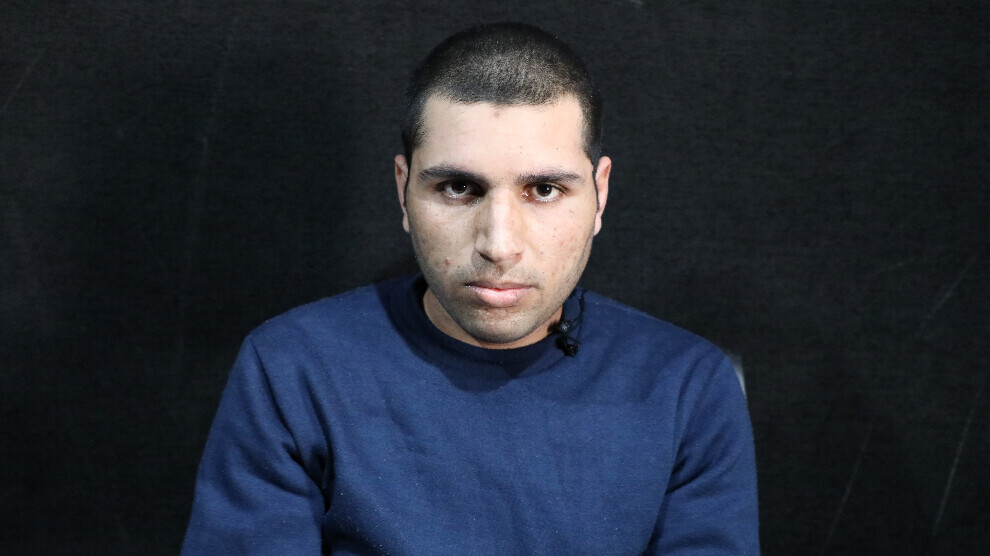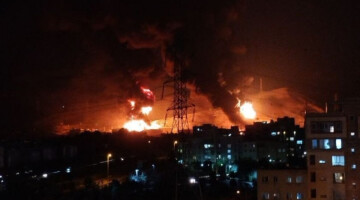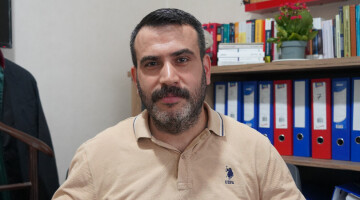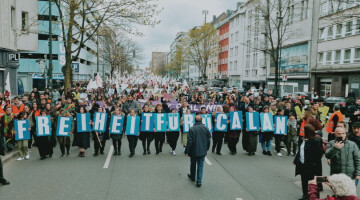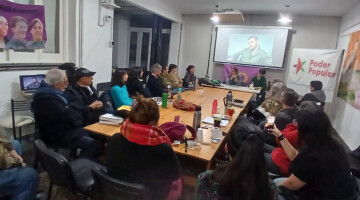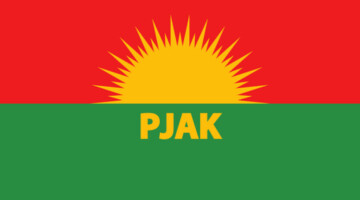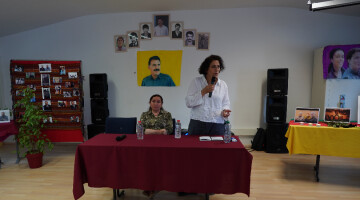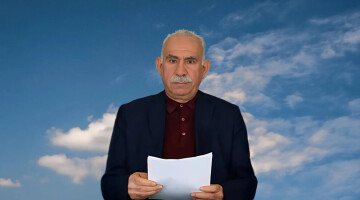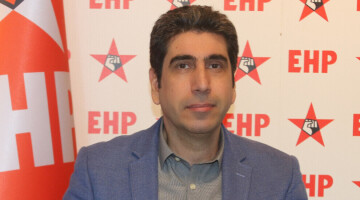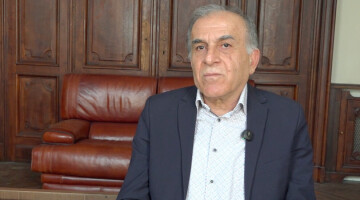The Turkish state does not engage only in physical attacks in order to achieve its expansionist goals in Northern and Eastern Syria. Assassinations of important figures in the region are an another way of targeting the Autonomous Administration institutions and infrastructure facilities. A joint sleeper cell structures it has established by bringing together the FSA-DAIS-MIT members. MIT's traces can be found in many crimes, such as counterfeit money transfer, smuggling, etc.
ANF has received the confessions of the MIT-ISIS joint cell, which was neutralized by the Internal Security Forces on different dates.
Abdulhalim Mohammed Al Shaib: from Raqqa. He is one of the responsible of many bomb attacks in the city.
Mahmud Hisen El Salih: From Serêkaniyê. He ensures the transfer of ammunition from the occupied areas.
Muhenned Muhammed Xelef: from Raqqa. One of the responsible of the bomb attack against the electricity and water station.
Ammar Xelef: from Raqqa. He says he works for a MIT executive named Abdurrahim Mahmud Xidir in Germany. He helps with the deployment of mercenaries and institutions in the region.
Mustafa Mohammed Al Mohammed: from Gire Spi. The MIT officer responsible for targeting electricity and water stations in Raqqa and transferring ammunition from the occupied areas. He says he started working for the MIT through Abu Assad, known as Ebu Xetap El Verdawî in Turkish-occupied areas. He is the responsible of the bomb attack against electricity and water stations in Raqqa with a MİT member named Bashar Mohammed Al Salim, Abu Assad's nephew.
Bomb attack on electric station and irrigation canal
Mustafa Muhammed made the following confessions regarding the bombing of the electric power station: “When Bashar came to me and asked what we would do, I said we would blow up the power station. I said we will get 15 thousand dollars in return. One day later, we went to the power station at 11 o'clock at night. While I was watching outside, Bashar left the remote-controlled explosive at the station. We detonated the bomb in the morning and photographed it. It was around 1 am. When I got home and turned on my internet, Abu Assad was calling me. He got angry with me and told me why the image was not clear and said that they wouldn't pay me for it.”
Stating that they carried out their second action against the irrigation canal in Raqqa, Mustafa Muhammed said: “They said they would introduce me to someone and that we would work together from now on. Hesen and Abdulhalîm came. They had mines with them. All three of us went to the irrigation canal late at night and planted the explosive. Hesen Abu Mus detonated the mine, and Abdulhalîm videotaped it. MIT gave me 500 dollars for this action."
Attack against Refaa Agricultural Irrigation Station in Raqqa
Mustafa Muhammed, who admitted that they carried out bomb attacks against Refaa Agricultural Irrigation Station in Raqqa, in line with the instructions coming from the Turkish-occupied areas, said: “The target of our third action was Refaa Agricultural Irrigation Station. This time me and Bashar carried out the action. We detonated the mine we took from Bashar's house after planting it. MIT gave us 200 dollars for this action. Abu Xetap contacted me again a few days later and instructed me to take action against the pipeline located outside the same station. It was around 5.30 in the morning. We planted the mine and detonated it.”
Turkey pays the actions
Mustafa Muhammed, who admitted that they also attempted to attack opinion leaders and the Director of the Education Committee, said: “Abu Xetap had sent us 4 mines. We buried them in a field. Bashar came to me at night and gave me 4 dosis of drugs and 10 grams of paste. After that, I did not hear from him anymore. This time Abu Xetap and someone named Mihemed contacted me. They introduced me to someone named Ehmed Seîd, who previously worked for the FSA (Free Syrian Army). This time we were asked to set a vehicle on fire. We were going to burn the education committee director's car. They sent me 300 dollars by money order from Turkey. Then I said that I would burn the Hawawat Tribe opinion leader's car. Ehmed Seîd was high with the gasoline and the drugs brought to burn the car.”

